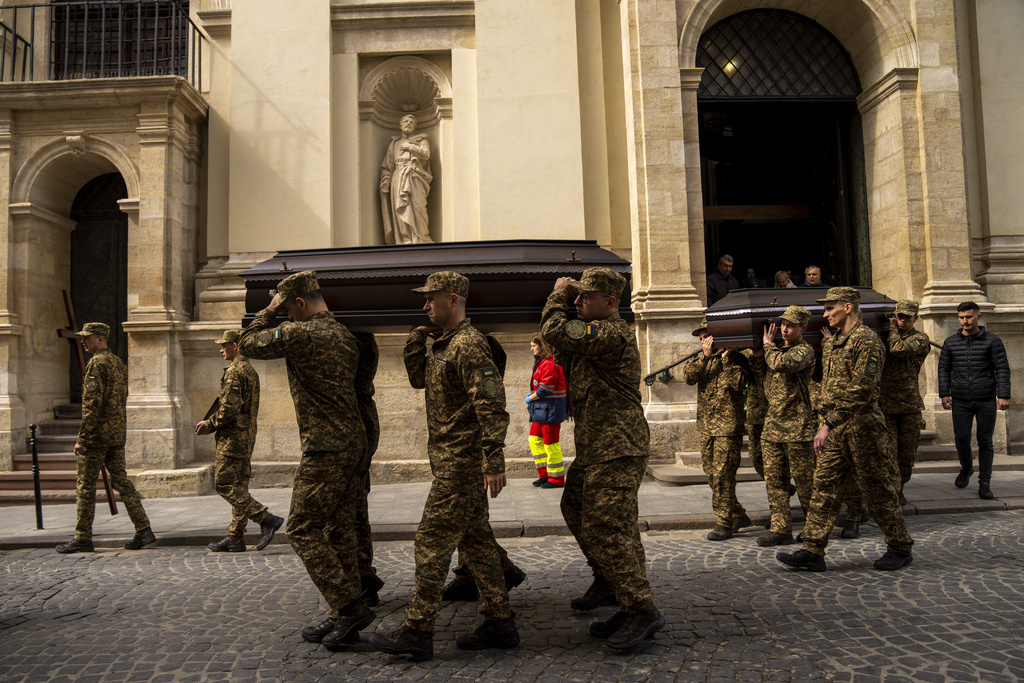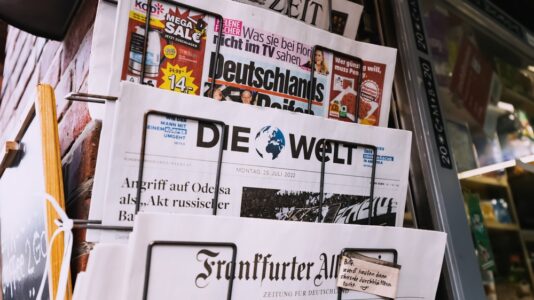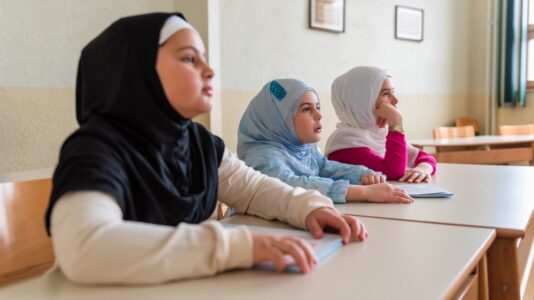According to security policy expert and economist György Nógrádi, the situation in Ukraine greatly depends on who becomes the U.S. president on Nov. 5. Speaking on HírTV’s “Háború Ukrajnánák” program, Nógrádi, who teaches at the Department of Defense Economics of Corvinus University in Budapest, discussed current reports on the war in Ukraine.
Nógrádi said that the key is Nov. 5, the U.S. presidential election. If Trump wins, in his opinion, peace negotiations will start immediately, but if Kamala Harris wins, people should be prepared for something “completely different.”
Commenting further on the election, he said that in contrast to Harris, a significant part of industry, including tech companies, large aircraft parts companies, airplane manufacturing companies, and car manufacturers have lined up behind Trump.
However, other factors are also at work regarding the war potentially ending. Nógrádi said that in the past few weeks, Turkey had announced that the Ukrainians would be ready for peace negotiations, and Putin said he was also ready to move forward, but 24 hours later, the Ukrainians backed out. This was a repeat of what happened in 2022, he recalled. It was also noted that Putin has said he is ready to make “reasonable compromises,” although it is known he is firm in his stance against Zelensky’s territorial and other aspirations outlined in his “Victory Plan.” Putin maintains any concessions “must be based on the realities of the battlefield.”
On the question of whether North Korean soldiers are in Russia, the question was brought up that if the West can support the various military actions of the Ukrainians with mercenaries or trainers, why cannot Russia do the same with North Korean soldiers?
Both the leadership in Kyiv and the Western allies claim to have evidence that Pyongyang has sent thousands of troops to Russia where they can be deployed later, Nógrádi said. He pointed out that Russian President Vladimir Putin recently responded to a journalist’s suggestion that satellite images showed North Korean soldiers in Russia by saying “serious things, and if there are such things, such photographs, such photos, it means that they reflect something.”
Media in the West has reported on North Korean troops present and being trained in Russia, but it’s difficult to know exactly how many, Nógrádi said, as reports have put the number at between 1,500 and 12,000.
In terms of developments on the frontlines, the security expert noted that the Ukrainians are currently taking down only half of the drones fired from Russia at Ukraine, calling this “a very bad ratio.”
It was also mentioned that Moscow had reacted to the Ukrainian law allowing foreign citizens to serve as officers on Kyiv’s side, with the Russian Foreign Ministry spokesman saying that foreign commanders would be sending Ukrainians to the meat grinder.






